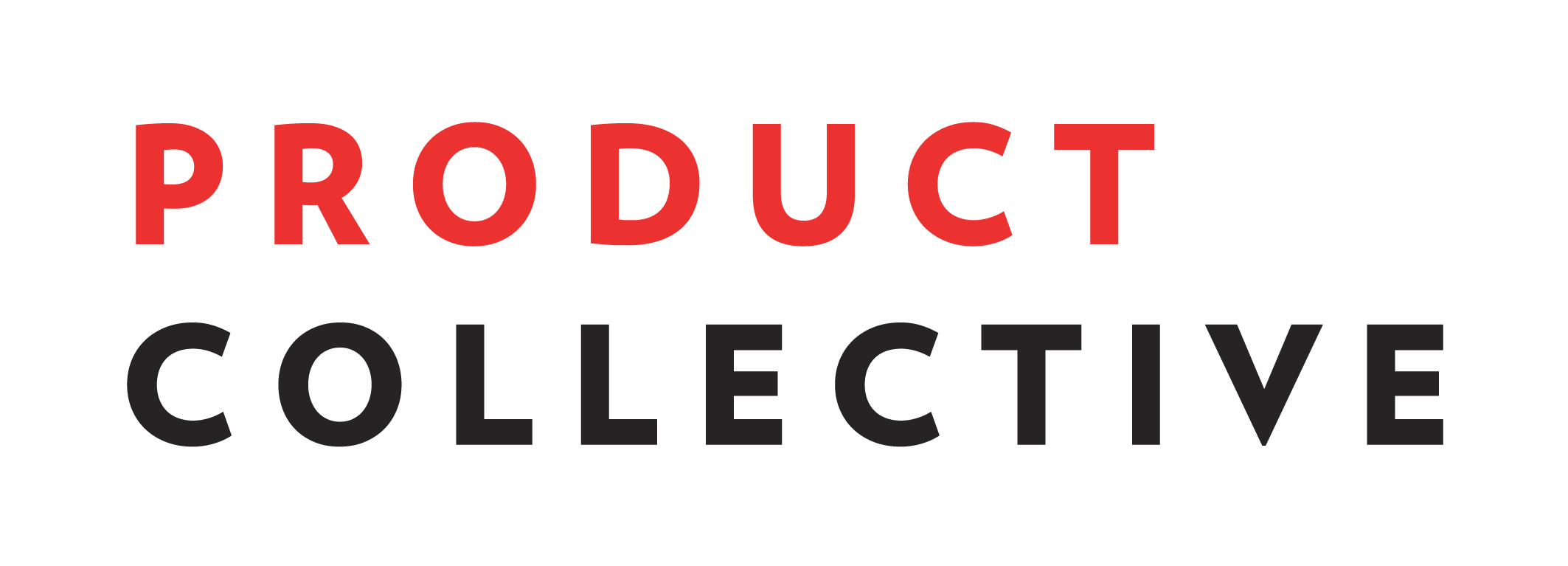There are many management roles within an organization, and it could be difficult for someone to differentiate between job responsibilities between managers. One of the harder to differentiate management roles include product manager vs program manager. Is there really a difference between “product” and “program”?
While they may work on some projects together, it turns out that product managers have substantially different responsibilities than program managers. Let’s review these roles and what they contribute to an organization.
Product manager vs program manager: the basics about the roles
When it comes to program management vs product management, the differences in job roles and responsibilities aren’t always clear. Both roles have management responsibilities but differ on what company goals they work towards.
Product managers are responsible for the development and design of products. Meanwhile, program managers are responsible for all company goals and provide strategic guidance to ensure deadlines are met.
Let’s dive further into product manager and program manager job descriptions.
Product manager roles and responsibilities
The product manager is responsible for the product suite of a company. They participate in every stage of a product lifecycle from its conception to adding additional features after the product has launched. Product managers often supervise a product team to develop a product strategy. By creating a product vision, it can help guide the entire development process.
Some of the responsibilities of a great product manager include:
- Gather and analyze data, including customer feedback and stakeholder input
- Use problem-solving to overcome product obstacles
- Develop product positioning strategies
- Identify gaps in the industry and develop products that meet those needs
- Recommend new product ideas
- Supervise the ideation, development, and launch of a product
- Manage product management team
- Conduct market research
Product managers are slightly different than project managers. A project manager may get assigned deliverables involving the agile development process, and then report to product managers. In this case, product managers may supervise project managers to ensure the product roadmap is being executed.
Program manager roles and responsibilities
The program manager takes a more holistic approach to product development. While product managers solely focus on the product itself, program managers work closely with several teams to support the product as a whole. Program managers work on organizing activities that support overall business goals.
A program manager can have responsibilities like:
- Use communication skills to work with cross-functional teams
- Develop a risk mitigation plan
- Identify opportunities for continuous improvement
- Expand product offerings
- Report on program performance
- Budgeting and managing finances
- Using project management methodology to move projects forward
- Meeting and updating stakeholders
It should be noted that program management is different from a project manager. A project manager is an action-based role that executes the strategies of the program manager. Project managers have responsibility for individual projects instead of overseeing an entire program. Product managers often work with project managers to move product development forward.
Program manager vs product manager: 3 differences
Program managers and product managers share similar responsibilities, but they have different focuses. While product managers specifically focus on the product suite, program managers have a more comprehensive look at the whole company.
| Comparison table | Program Manager | Product Manager |
|
Focus |
Focuses on the strategic overlook of company efforts | Focuses on the tactical plan for product development |
|
Responsibilities |
Can work on multiple projects to fulfill various company goals | Will work only on product-related projects |
|
Success Metrics |
Success metrics will usually involve revenue, including return on investment (ROI) or gross profit margin | Success metrics may include customer satisfaction, retention rate, and other product data. |
Product managers focus on product specifics
Product managers are hyper-focused on the target buyer persona and building product features and functionality to support customer needs. Product managers answer the question “why”. Why should a product be built this way? Why focus on this feature?
Program managers often work on projects outside of product development. They focus on questions like “how” and “when”. How will this product launch? When does customer support need training for a new product feature?
Program managers supervise other cross-functional teams to ensure the product is supported. For example, program managers manage building web pages, creating marketing materials, and customer support training.
While both product managers and program managers collaborate with different team members across various departments, product managers only focus on the development and launch of their products.
Product managers work only on products
Product managers solely focus on a company’s product suite. They may work with other department’s team members, but it will be for product-based needs.
Meanwhile, program managers aren’t heavily involved in product development. They focus primarily on creating support for the product like marketing strategies or working with HR to ensure employee satisfaction.
Product managers take a tactical approach to products
Product managers have a specific goal in mind: Launching a product. They break it down into action-sized tasks like market research, development phase, and more. A product roadmap is critical to ensuring success in their roles.
If a program manager is involved in a product, it will usually be for strategy purposes. Program managers don’t get involved in the smaller steps of a project. Instead, they focus on the comprehensive view and work with interdependent teams to ensure a company’s goals are met.
Can a program manager become a product manager?
It’s possible. Product managers often come from a variety of backgrounds since there is no formal degree program in that subject. A program manager has project management skills that can be valuable as a product manager.
If you are a program manager looking to become a product manager, start making a strategic plan to transition. You may want to get to know product managers at your current company or learn more about development.
Is the program manager higher than the product manager?
Program managers and product managers are complementary roles and one is not necessarily above the other. They usually collaborate frequently to ensure product success.
Program vs product manager: salary differences
Many factors could determine salary differences between program and product managers. Besides the job itself, location, experience, and education could affect your salary.
On that note, program managers seem to pay more. The median salary for program managers in the United States is $138,128. Meanwhile, entry-level product managers have a median salary of $70,723 and could work their way to a median salary of $114,552 with 4-7 years of experience.
Key takeaways about product vs program manager
Ultimately, product managers focus solely on the product suite. Program managers focus on how the product affects other departments and ensures a smooth process.
If you are considering which career path to take, then you should analyze your skillset and determine your strengths and weaknesses. You can also research what is available in your area and potential salary ranges. This could sway your decision.


